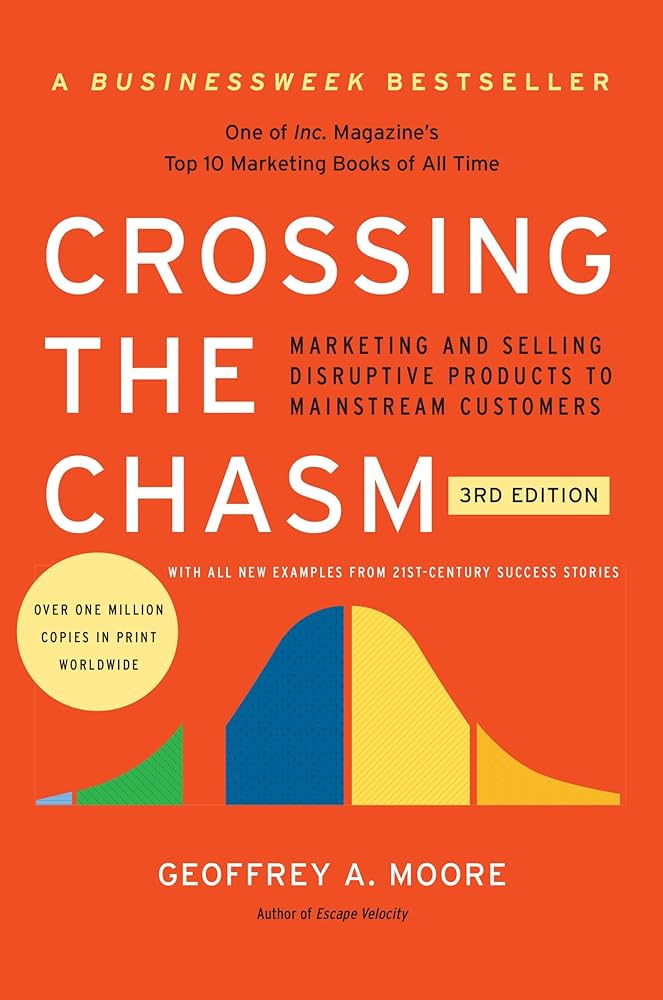Taking more action is my 2026 mission. Creating valuable lessons for you and me is the goal. Aiding with this nobel endeavor are written learnings from my readings.
The year started out with the “First Principles: What America’s Founders Learned from the Greeks and Romans and How That Shaped Our Country” by Thomas E. Ricks. A book, which held me mentally hostage in the time of the independence wars. Wandering around in the world of Benjamin Franklin made me fall in love with their braveness all over again. (Benjamin is my favorite actor of that time period – highly recommend Walter Isaacson’s Biography about him). It lead me down a “classics” rabbit hole and I picked up Epictetus next – John Adams admired him dearly. As I browsed Amazon to find a good copy, my basket quickly filled up with a bunch of other classics and Plato’s Last Days of Socrates found its way to my little Hawaiian farm.
What did I learn: Everyone has morals until they need to suffer for them. And we live in a time, where the internet tricks our brain into believing that we are on moral high ground. Who suffers if we are not talking to each other, just because our opinion differs? WE ALL DO! “People who wrong us, should be paid back in kind” – Epictetus on Freedom.
In the same breath he shows us that we humans have been behaving the same way for thousands of years. “When you engage in the same things as the masses, you lower yourself to their level”. You can’t have good without bad. We should all strive to be the best we can. Or at least I still romanticize that hope and shall guard it for the time being.
Plato on the other hand asked the question of what the foundation of ethics are. Are morals good because of the sender or are they good in themselves? Explained through the journey Socrates soul leaving this world. He was ordered for death, because he promoted the wrong Gods. Instead of running away or using the goodwill of his rich friends, he accepted his faith. An exploration of the divine rational order.
How can I apply this to my life?
Keep on question myself. Why do I have the value system that I have? How did I develop it? I might have asked myself a lot about why I adopt certain values, but why are they good? Is everything a guru says worth gold because he is so successful? I shall look at the lived morals and action behind the words. Give grace and find a good value system. The more I seek knowledge and wisdom the more it will actually open up to me. Being a good human is the ultimate goal.
What’s next?
I bought the Will Duran Civilization series, but I’m still working on Isaacson’s Einstein. The power of one was recommended by a friend and I’m looking forward to integrating a few more novels this year.

